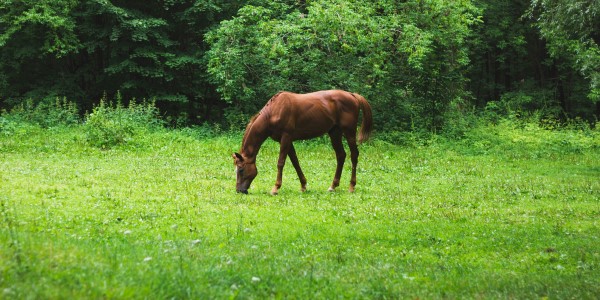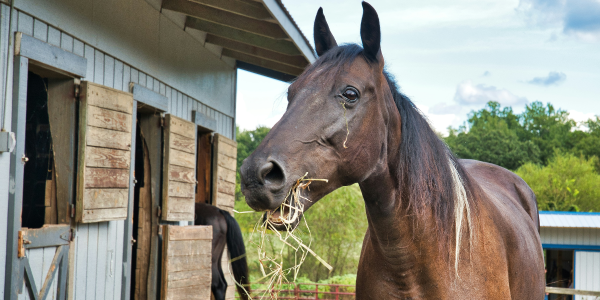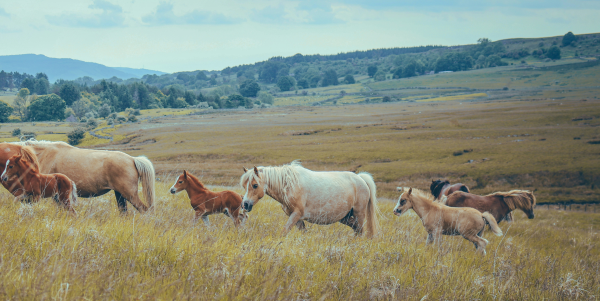As Mother’s Day approaches, join us in honoring some ground-breaking women in the equestrian world. Throughout history, horsewomen have played significant roles in shaping the equestrian world and have made notable contributions in various disciplines. For example, Charlotte Dujardin, an accomplished British dressage rider. Dujardin is a three-time Olympic gold medalist and has set numerous records in international dressage competitions. Continue reading for more influential horsewomen. Also, if you are looking for a horse property for sale in Colorado, contact Colorado Horse Property today and speak with one of our horse-person realtors.
Women in The Equestrian World
Another influential horsewoman is Anky van Grunsven from the Netherlands. Van Grunsven is one of the most successful dressage riders in history, with nine Olympic medals, including three golds, and numerous world championships to her name. Her innovative riding style and consistent performances have earned her a place among the greats of the sport. Van Grunsven’s impact on the equestrian world extends beyond her achievements in the saddle; she has also been an advocate for the welfare of horses and the development of young riders.
Also in the world of show jumping, Beezie Madden from the United States stands out as a trailblazer. Madden is one of the most accomplished female show jumpers, with multiple Olympic and World Championship medals. Her exceptional skills, competitive spirit, and contributions to the sport have earned her numerous accolades and a reputation as a leader in equestrian sports. Therefore Madden’s influence extends beyond competition, as she actively mentors young riders and works to improve the sport’s visibility and accessibility. Through her dedication and passion, Madden continues to inspire the next generation of horsewomen.










